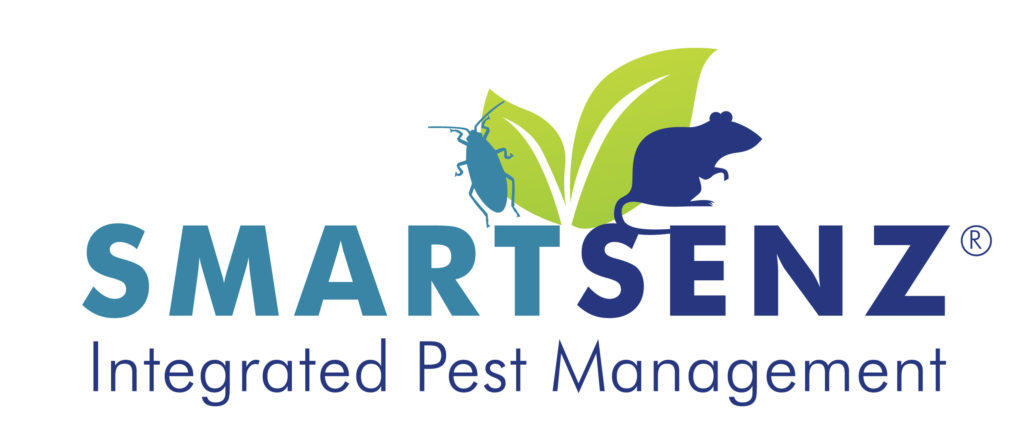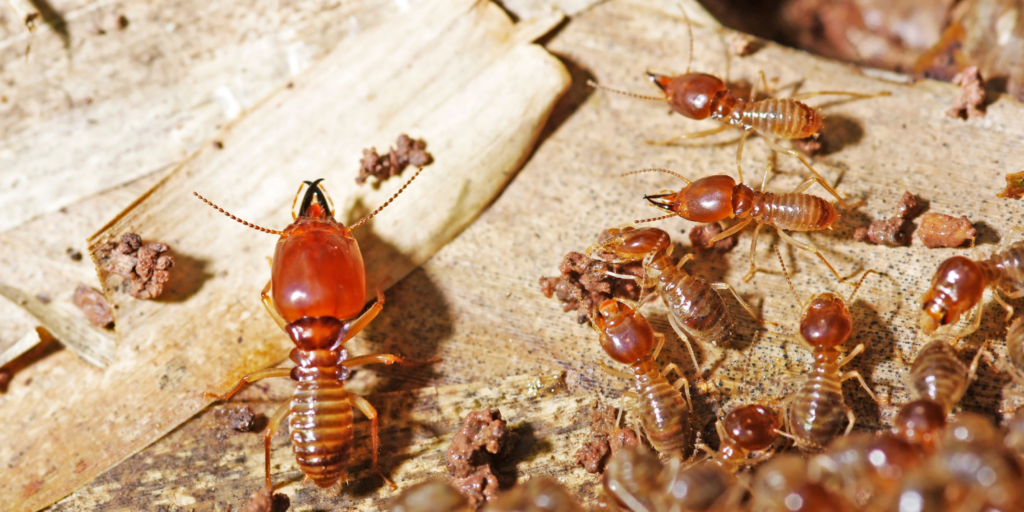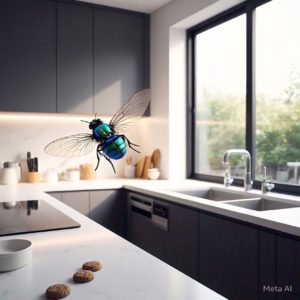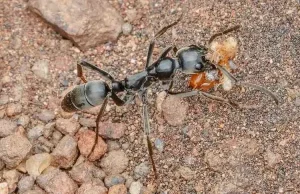Wood-destroying insects like termites and carpenter ants can be a homeowner’s nightmare. They silently feast on the structural integrity of your home, potentially causing significant damage. In the past, the primary solution for pest control often involved the use of harsh, toxic chemicals that not only harmed these pests but also took a toll on the environment. However, today, there’s a growing trend toward eco-friendly strategies for managing wood-destroying insects without resorting to these harmful chemicals.
1. Integrated Pest Management (IPM):
IPM is an eco-friendly approach that emphasizes prevention, monitoring, and control. It involves regular inspections to detect pest issues early and to identify the conditions that attract these pests to your home before they become a major problem. By addressing these factors, you can reduce the need for chemical interventions.
2. Baiting Systems for Termites:
Baiting systems offer an environmentally responsible alternative. These baits use materials that are non-toxic to humans, pets, and beneficial insects. They attract wood-destroying insects, which then spread the bait throughout the colony, eliminating the pests.
3. Physical Barriers:
Installing physical barriers, like stainless steel or copper mesh, can deter termites and carpenter ants from entering your home. These barriers don’t rely on chemicals, making them an eco-friendly choice.
4. Heat Treatment:
Heat treatments are a sustainable and chemical-free way to eliminate wood-destroying insects. They involve raising the temperature within infested areas to a level where pests cannot survive. This method is effective and leaves no chemical residue behind.
5. Beneficial Nematodes for termites:
Beneficial nematodes are natural predators of wood-destroying insects. When introduced into the soil around your home, they seek out and attack pest larvae, making it a chemical-free method of control.
6. Regular Maintenance:
One of the most sustainable strategies is regular maintenance. Keeping your home well-maintained and promptly repairing any wood damage helps prevent infestations and reduces the need for chemical treatments.
By adopting these eco-conscious strategies, homeowners can protect their homes from wood-destroying insects while minimizing their impact on the environment. These methods not only provide effective control but also promote a sustainable and greener approach to pest management. Protecting your home doesn’t have to come at the cost of our planet; with the right strategies, you can have both.





